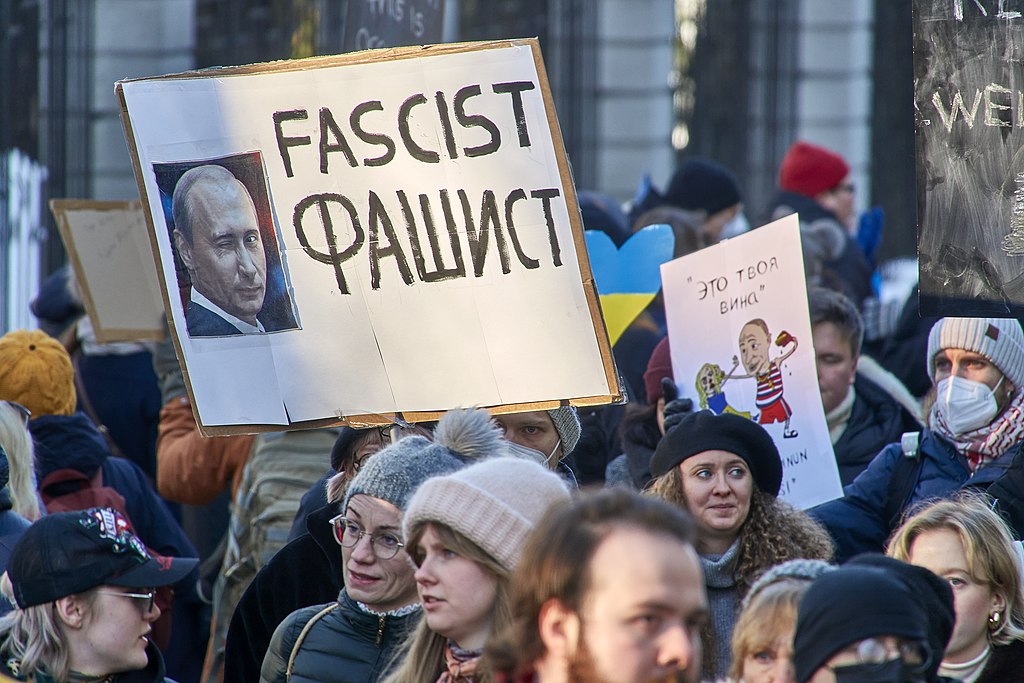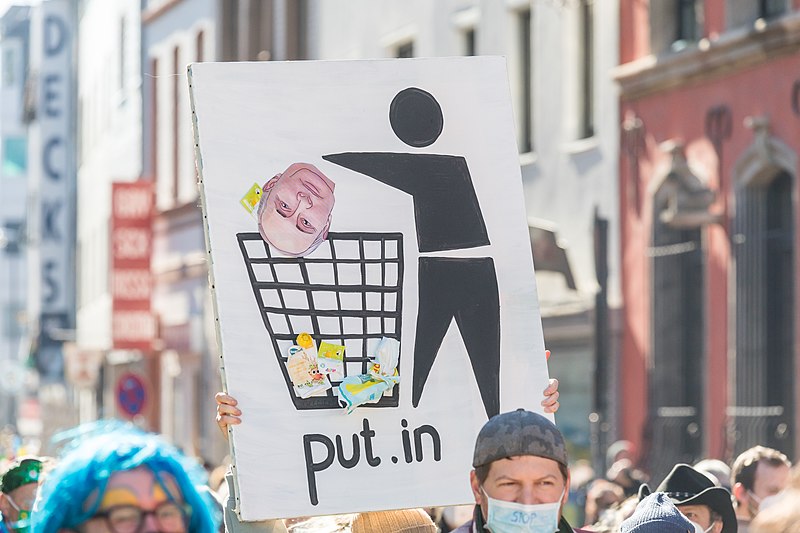As fighting continues between forces from Russia and Ukraine — both military and civilian — an information war is being waged on the digital frontlines.
First Blood
Russia drew first blood by carrying out a series of DDoS attacks on Ukrainian military and financial sector websites. Now, Russia is denying its citizens access to Twitter and parts of Facebook. Internet monitoring group NetBlocks reported failed or heavily throttled connections across every major Russian telecom provider, including Rostelecom, MTS, Beeline, and MegaFon Saturday.
“Network data show that access to the Twitter platform and backend servers are restricted on leading networks including Rostelecom, MTS, Beeline, and MegaFon as of 9 a.m. Saturday morning UTC,” NetBlocks stated.
Citizens are responding by accessing the social media platform through VPN services, despite direct connections being restricted.
Two Can Play at That Game
Ukraine’s digital transformation minister, Mykhailo Fedorov, is launching a counterattack by assembling an “IT army” on Telegram, a messaging app that gives users the option to chat using end-to-end encryption.
In a statement on Twitter, Federov invited volunteers from all over the world to carry out cyberattacks on Russia, using Putin’s own tactics against him.
“There will be tasks for everyone,” he said. “We continue to fight on the cyber front.”

The channel now has more than 26,000 subscribers, and the Ukrainian government is calling on people to “use any vectors of cyber and DDoS attacks” on a variety of Russian targets, according to the New York Times.
Of course, a fully-fledged cyber army wouldn’t be complete without the addition of the infamous cyberhacking collective Anonymous, who claimed responsibility for taking down multiple Russian government websites, including those belonging to the Kremlin and Ministry of Defense.
Federov is also urging people to flag pro-Russian content on Youtube in an effort to have it pulled from the platform. Around the same time, the video-sharing platform took its own steps to stamp out state-sponsored propaganda, temporarily barring Russia Today and other Kremlin-affiliated channels from earning ad revenue on the platform.
Same Old Story, New Song and Dance
Meta joined the fray by taking down over 40 fake pro-Russia accounts, groups, and pages on Facebook Monday. Fake Russian accounts spreading disinformation is something people are all too familiar with, and Meta has had plenty of time to practice identifying and removing them from the platform.
The fight now, however, has moved beyond propaganda campaigns. Pro-Russian hackers are going for the jugular, compromising the social media accounts of Ukrainian journalists, military leaders, and government officials. The hacking campaign, attributed to an actor security researchers have nicknamed “Ghostwriter,” appears to have succeeded with at least some Facebook accounts, Meta said.
Trouble on the Homefront
While the people of Russia may not be privy to the latest developments in the conflict due to throttling and servers being taken down, one thing remains certain for many of them: they don’t want war.
For four days, protesters have battled with riot police in the streets of Russia’s biggest cities. For many citizens, it doesn’t matter what state-sponsored news organizations say or what the Ukrainian government is tweeting. Russia is facing an economic crisis, with more sanctions being passed by NATO-allied countries every day the invasion continues. Citizens are concerned about their well-being, livelihood, and Ukrainian neighbors.
Social media and 21st-century cyber warfare have a large role to play in the ongoing conflict in the East, but it may be Russia’s people and the fundamental lack of popularity for the burgeoning war that causes the most damage to Putin’s plan to annex its culturally closest neighbor. Journalists, civilians, and governments have been decrying the invasion since it began, and the combination of protests, military pushback, and sanctions have now brought Russia to the table at the Ukrainian-Belarusian border. Time will tell how much one, or all of these factors ultimately play in Russia’s future designs on Ukraine.











